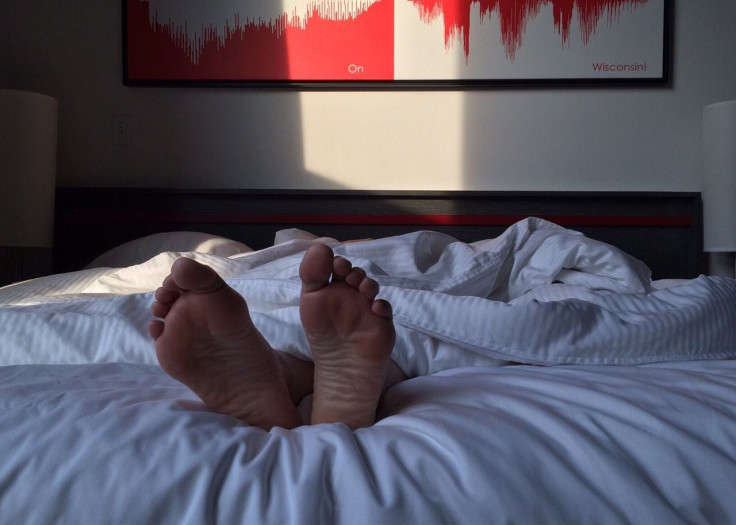The Amount of Sleep You Get Each Night Can Affect Blood Sugar Levels

KEY POINTS
- Sleep is a very important process that people must not neglect
- Lack of sleep does not only make one feel tired but also affects his blood sugar levels
- Experts reveal the number of recommended sleeping hours in order to keep sleep-loss associated health risks
The chronic ailment is characterized by the inability of the pancreas to produce adequate amounts of insulin to help regulate blood sugar levels. Although this process may appear unimportant, blood sugar levels can increase the risk of developing life-threatening complications when it is unregulated.
Fortunately, making some changes in your lifestyle can compensate for the inadequate production of insulin and also helps in keeping your blood sugar levels in check. Risk factors like consuming an unhealthy diet and leading a sedentary lifestyle can send your blood sugar levels soaring. A recent study has also established a link between sleep patterns and inconsistent blood sugar levels.
The Link Between Sleep and Diabetes
Dr. Mark Vanderpump, The Physician’s Clinic consultant endocrinologist, said there is evidence indicating chronic partial sleep loss increases your risk to obesity and diabetes. Sleep loss can also disrupt blood sugar management of people suffering from diabetes. Several factors establish this link.
Factors That Prove Relationship of Sleep to Diabetes
Dr. Vanderpump said the habit of sleeping for shorter durations has developed over the same period as the huge increase in the occurrences of obesity and type 2 diabetes. Vanderpump believes this is not coincidental. He explained that disturbed sleep is linked to hormonal changes that work up your appetite and reduce your satiety.
An increased appetite prompts people to indulge in unhealthy food leading to weight gain. Dr. Vanderpump notes that weight gain can raise blood sugar levels.
Weight –gain and Diabetes
Past researches show that abdominal fat prompts fat cells to release their pro-inflammatory chemicals. This makes the body insensitive to the insulin its pancreas produces by wreaking havoc on the function of insulin-responsive cells, as well as their ability to respond to insulin. Diabetes.co.uk said that the primary cause of blood sugar increases is insulin resistance.
Also, up to 20% of obese and overweight persons suffer from a sleep disorder called sleep apnoea. This is a different risk factor for insulin resistance.
In several laboratory studies conducted on healthy volunteers, researchers found that experimental sleep restriction is linked to an adverse on the body’s ability to respond to insulin. Dr. Norton of VavistaLife said that sleeping for an inadequate amount of time also increases cortisol, which is a stress hormone known to increase blood sugar levels.
The Amount of Sleep Needed
According to Dr. Norton, you need to sleep between seven and eight hours each night to stay on the safe side. She said this would keep at bay the associated risks of sleep loss like diabetes. Dr. Vanderpump agrees with this observation and added that data suggest that proper sleep hygiene can provide you with long term benefits, particularly in blood sugar control and weight control.
© Copyright IBTimes 2025. All rights reserved.





















